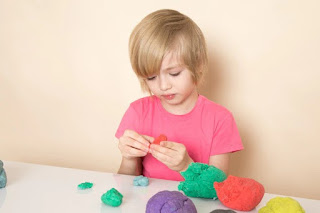N.T.T: बच्चों की शिक्षा और महिलाओं के सशक्तिकरण का मार्ग(Ipsha Mateshwari N.T.T, Patna-26

Ipsha Mateshwari N.T.T: बच्चों की शिक्षा और महिलाओं के सशक्तिकरण का मार्ग आज के समय में शिक्षा केवल ज्ञान देने का माध्यम नहीं है, बल्कि यह बच्चों के समग्र विकास, संस्कार और सामाजिक कौशल का आधार भी बन चुकी है। विशेषकर प्री-नर्सरी और नर्सरी बच्चों के लिए सही मार्गदर्शन और शिक्षण तकनीक बेहद महत्वपूर्ण होती है। इसी उद्देश्य से Ipsha Mateshwari N.T.T (Nursery Teacher’s Training) कार्यक्रम को डिजाइन किया गया है। यह 2 साल का डिप्लोमा कोर्स है, जो महिलाओं को नर्सरी और प्री-स्कूल बच्चों को पढ़ाने के लिए आवश्यक कौशल, बाल व्यवहार समझ और शिक्षण तकनीक प्रदान करता है। N.T.T का उद्देश्य Ipsha Mateshwari N.T.T का मुख्य उद्देश्य है: महिलाओं को शिक्षण क्षेत्र में रोजगार के योग्य बनाना। बच्चों की प्रारंभिक शिक्षा में गुणवत्ता और रचनात्मकता लाना। समाज में महिला सशक्तिकरण को बढ़ावा देना। इस कोर्स के माध्यम से महिलाएँ न केवल शिक्षिका बनने का प्रशिक्षण प्राप्त करती हैं, बल्कि अपनी आत्मनिर्भरता और पेशेवर क्षमता भी बढ़ाती हैं। N.T.T की खासियतें 1. व्यावहारिक शिक्षण तकनीक Ipsha Mateshwari N.T.T में आधुनिक...




